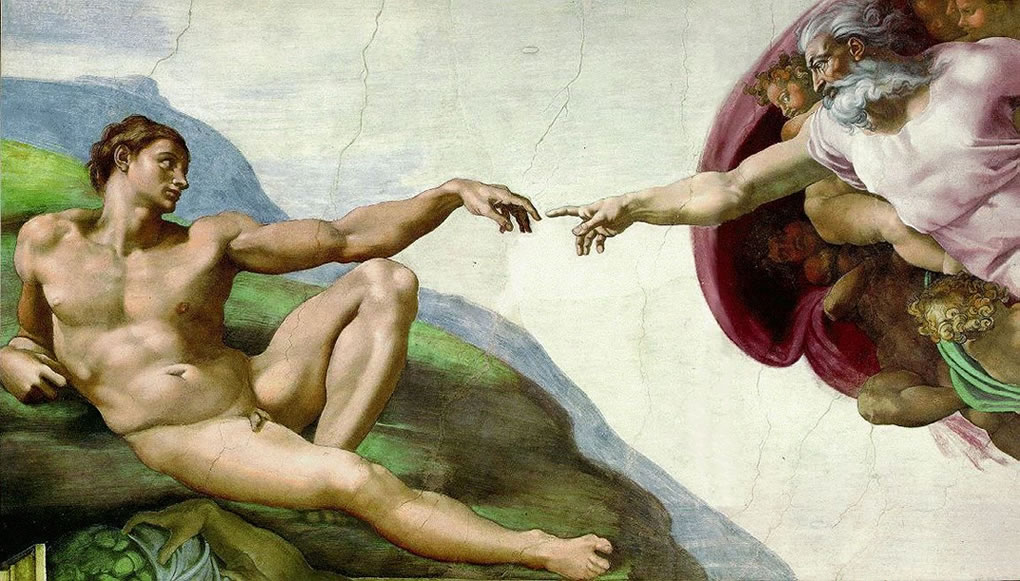 I was talking to my uncle tonight about the issues of science and faith, and how scientific knowledge influences how we think about ourselves.
I was talking to my uncle tonight about the issues of science and faith, and how scientific knowledge influences how we think about ourselves.That conversation naturally shifted toward the realm of the whole "evolution debate," which is really a debate about a lot more than evolution, as we all know.
As usual, I found myself sort of defending the side of the Christian evolutionist--one who believes in Jesus Christ, but also believes evolution happened. This is not a new position for me.
But I realized something deeper this time around. To a certain extent, I want evolution to be true.
I've been thinking a lot lately about how narratives about the world influence how we act in the world. Beliefs about how we fit into this universe affect what part we seek to play in its existence.
One curious thing about this whole debate is that when we read the creation story now, we often read it only for what it says about God's role in nature, and not for what it says about us. If you think about it, there would be absolutely no point to having a creation story in the Bible if it didn't say anything about human beings.
I mean, really, it might be nice to know a bit about how things came into existence, but on the other hand, it's not really all that important if it doesn't say anything about how you should then live. It may even be impossible to imagine a story about how things came into being that doesn't affect how we should live.
The Genesis creation account says a lot about how humans should live, not least of which is how to form a work routine: six days of work, and a seventh day of rest. Our work is to mirror the creative act of God in the creation of the universe, and we should rest just as He rested. It's a beautiful idea, that our work should actually mirror the creative work of God.
When I think of evolution as a story of God's creative work in the world, I think, what a beautiful way to learn how we should live. For one thing, God's creative process was gradual, extended throughout eons of time. Maybe at each point along the way God stopped to enjoy each gradual step in the process, perhaps gazing at its strengths and weaknesses.
This gives me hope when I think about the fact that Christ came 2000 years ago and so far has not come again. We have seen the church go through 2000 years of change. Has it been for the better? I don't know, but perhaps we just need to be more patient with it. Maybe God really does take His time, and maybe that's okay. See 2 Peter 3:8.
For another thing, if evolution is the story of God's creative process, then God likes things to increase in complexity. I don't know if this is very appealing to a lot of people. Increasing complexity means that old answers become less and less helpful. It means less certainty. It means that old structures constantly get overwhelmed by the increase in diversity of nature.
The idea that God likes increasing complexity might help us navigate this ever more complicated world we live in. In the realm of ideas, we need to constantly be tearing down old categories in order to interact with increasingly diverse thought. This sort of "creative destruction" mirrors the actual creative process of God observed by scientists in nature.
 Are humans meaningful and precious in this narrative? Oh, absolutely. Just as in the Genesis account, we are made to be part of the creative work of God. I think that's totally amazing, and it's part of the main reason I get up every day. In thinking about this purpose of ours, we might want to ask, how does God's creativity actually look in the world?
Are humans meaningful and precious in this narrative? Oh, absolutely. Just as in the Genesis account, we are made to be part of the creative work of God. I think that's totally amazing, and it's part of the main reason I get up every day. In thinking about this purpose of ours, we might want to ask, how does God's creativity actually look in the world?Just some thoughts, really. Just adding to the complexity of the debate, I guess.
No comments:
Post a Comment
I love to hear feedback!